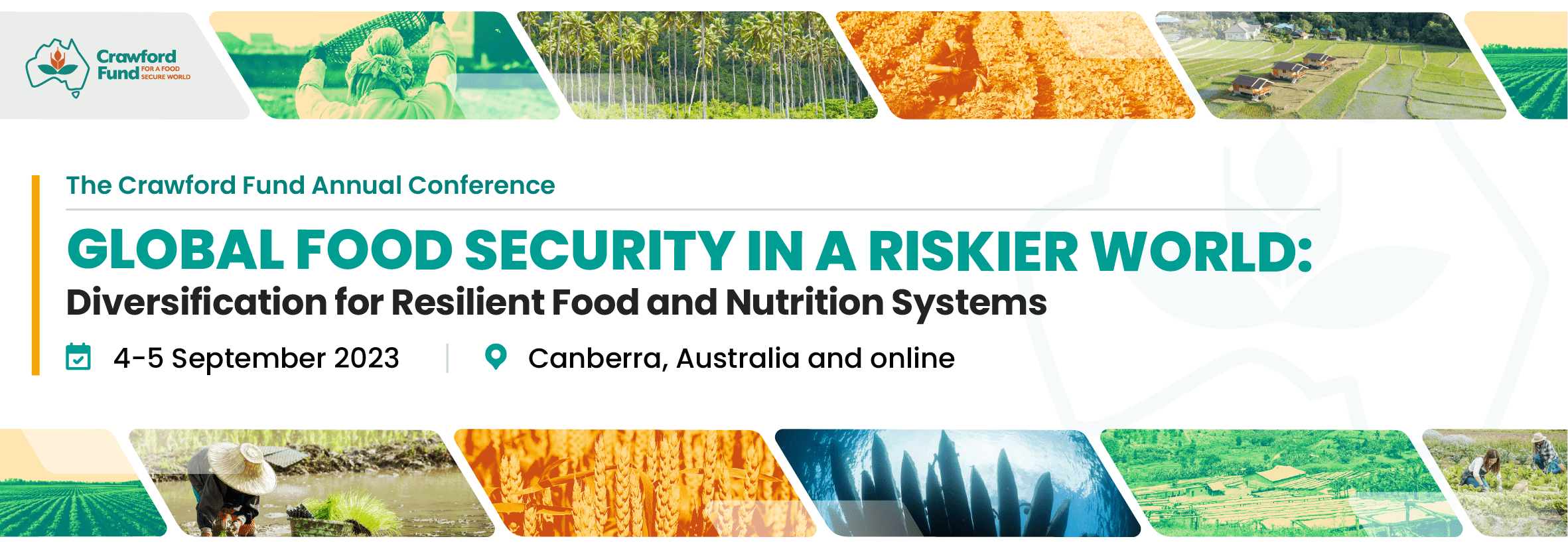


Prof Jamie Pittock
Fenner School of Environment & Society, ANU
Dr Jamie Pittock (BSc, Monash; PhD, ANU) is Professor in the Fenner School of Environment and Society at The Australian National University. Jamie worked for environmental organizations in Australia and internationally from 1989-2007, including as Director of WWF’s Global Freshwater Programme from 2001-2007. His research from 2007 has focused on better governance of the interlinked issues of water management, energy and food supply, responding to climate change and conserving biological diversity. Jamie directs research programs on irrigation in Africa, hydropower and food production in the Mekong region, and sustainable water management in the Murray-Darling Basin.
Professor Jamie Pittock – Session 4.1 Sustainable intensification, 5 September 2023
QA Session 4.1 – Pittock, Siddique, Khalil, 5 September 2023